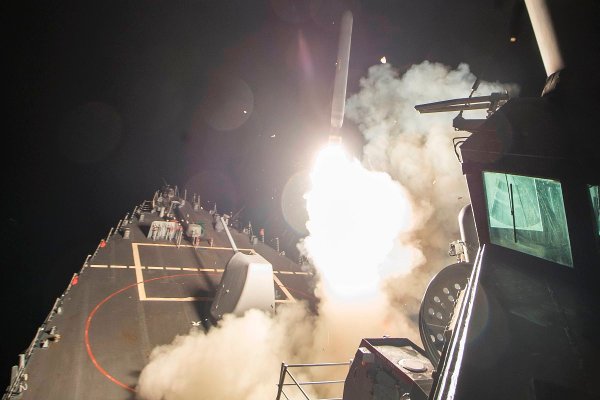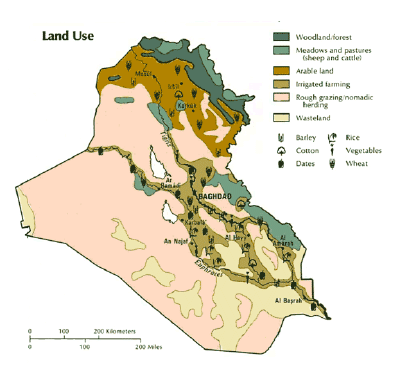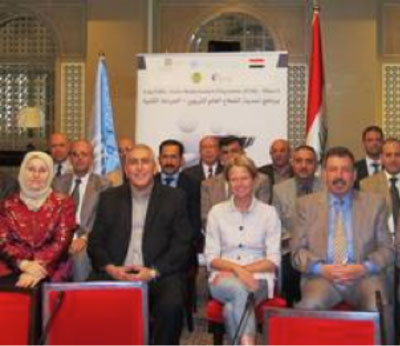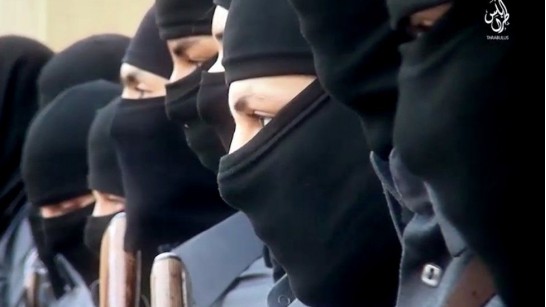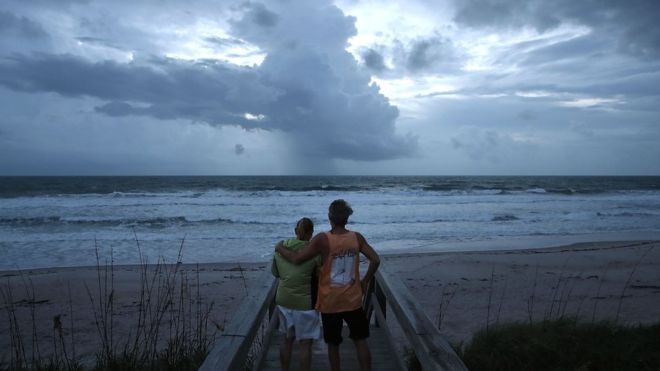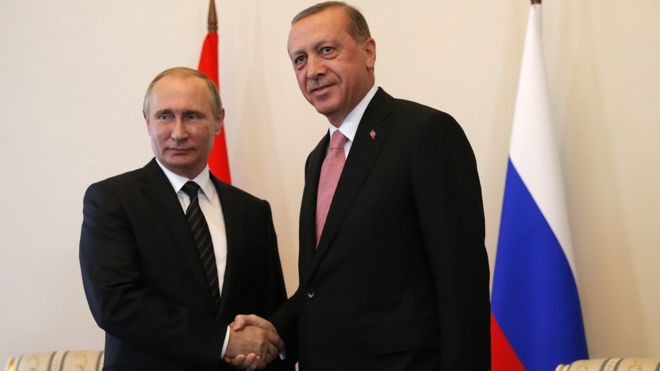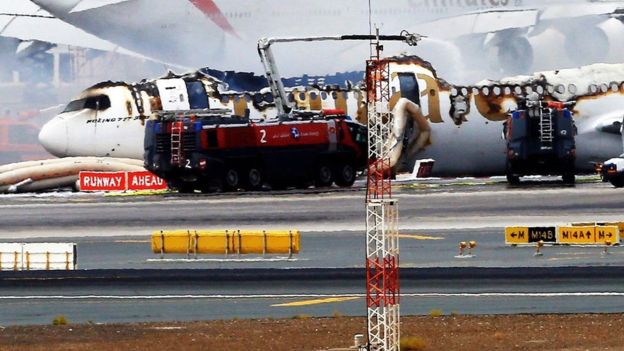Capitalising on chaos
IS is in any case spreading its bets and developing other territorial options. At present, Libya looks the most promising. It has just the kind of failed-state anarchy, the "savagery", that leaves room for the jihadists to move in, forging alliances with local militants and disgruntled supporters of the overthrown regime. Just like Iraq.
IS signalled its arrival there in typical style, issuing a polished video in February 2015 showing a group of 21 bewildered Egyptian Christian workers in orange jumpsuits being beheaded on a Libyan beach, their blood mingling with the waters of the Mediterranean as a warning to the "crusader" European countries on the other side.
The man who voiced that warning was believed to be the IS leader in Libya, an Iraqi called Wissam al-Zubaydi, aka Abu Nabil. By coincidence, Zubaydi was killed in a US air strike on the same day IS struck terror in Paris, 13 November 2015.
The man sent by IS to replace him, Abu Omar al-Janabi, was another Iraqi and former Baathist with a tough reputation and a knack for generating revenue - clearly with one eye on Libya's oil facilities, given the damage wrought by Coalition bombing on the organisation's exploitation of fields in Iraq and Syria.
The US and allies have been powerless to halt IS advances in Libya, taking over a big stretch of the coast around the central city of Sirte, which was to (overthrown) Libyan leader Muammar Gaddafi what Tikrit was to Saddam Hussein. Another American air strike in February killed (among nearly 50 other people) Noureddine Chouchane, reputedly an IS figure responsible for the deadly attacks on Western tourists in his native Tunisia next door.
With little prospect of a national unity government to end Libya's chaotic fragmentation and provide partners on the ground, such remote strikes - which sometimes act as powerful recruiters for the militants - are about all the frustrated Western powers can do as IS takes root and spreads.
There are other possibilities already beckoning - Yemen, Afghanistan, Pakistan, Somalia... wherever there are dysfunctional states and angry Muslims, there are opportunities for IS, competing strongly with a diminished al-Qaeda as a dominant brand in the jihadist market. Adding the extra risk for the West, that that competition could be another spur for spectacular terrorist attacks which they know are being actively plotted.
Battle for minds
In the first 18 months after the declaration of the "Islamic State", the number of foreign fighters making their way to join jihad in Syria and Iraq rose dramatically. The New York-based security consultancy Soufan Group estimated that 27,000 foreign jihadists had made the trip from 86 countries, more than half of them from the Middle East and North Africa.
Clearly, the caliphate had appeal, despite - perhaps in some cases because of - its graphically publicised brutality. A tribute to its extraordinary skill in using the internet and social media as a propaganda and grooming tool.
Ten months after vowing to "degrade and ultimately destroy" the organisation, President Obama ruefully acknowledged that IS "has been particularly effective at reaching out to and recruiting vulnerable people around the world including here in the United States, and they are targeting Muslim communities around the world".
And he put his finger on the real challenge, monumentally greater than the comparatively simple task of defeating IS militarily:
"Ideologies are not defeated with guns, they are defeated by better ideas, a more attractive and more compelling vision," he said.

















